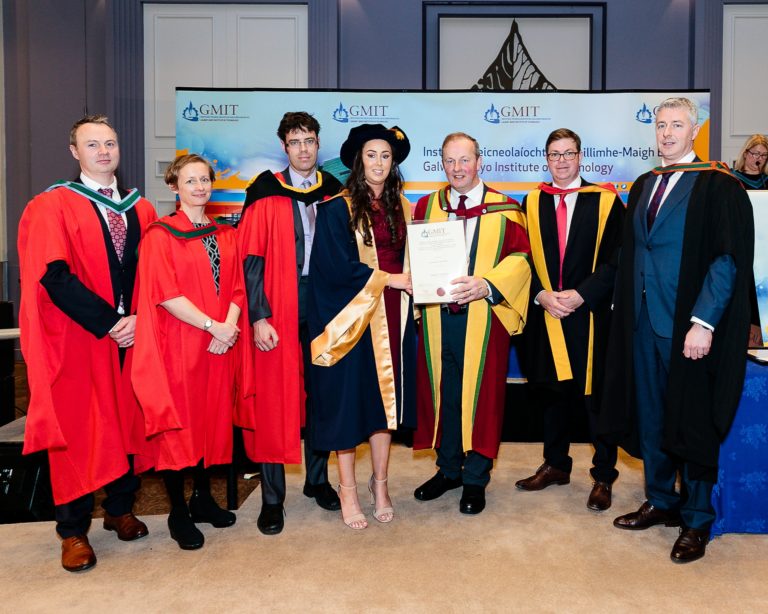Cerenovus, part of J & J, has developed an innovative clot-retrieving device designed to treat patients with acute ischaemic stroke. Ischemic stroke is characterised by the sudden loss of blood circulation to an area of the brain, resulting in a corresponding loss of neurologic function. An acute ischemic stroke is caused by thrombotic or embolic occlusion of a cerebral artery and is more common than haemorrhagic stroke.
A key component of CERENOVUS innovation strategy for developing novel devices for neuro-interventional therapy is understanding the dynamics of blood clot and occlusions that cause stroke. CERENOVUS approached MET Gateway about establishing a PhD programme focussing on the characterisation and modelling of thrombi in acute ischaemic stroke and the associated implications for therapy. MET Gateway personnel identified, Dr Sharon Duffy, a GMIT Medical Science graduate and in collaboration with the company secured funding from the Irish Research Council Employment Based programme.
The research programme focussed on a number of key factors influencing the treatment of stroke which generated new knowledge on the relationship between clot properties and current endovascular therapies.
In collaboration with Beaumont Hospital, investigations were conducted of clot fragments retrieved in individual stroke cases and the number of attempts required to retrieve the clot. The knowledge generated from this ‘per-pass’ study of acute ischemic stroke has generated more informative data regarding thrombus composition, recanalization outcomes and a possible approach to analysing thrombi in the future.
Following these investigations, Sharon developed a number of clot analogues that replicate acute ischemic stroke in vivo. These clot types have numerous applications and are currently been used for design verification testing of the company’s devices.
Ultimately this IRC co-funded project with CERENOVUS provided greater knowledge on the relationship between thrombus composition and endovascular therapies for acute ischemic stroke.
Michael Gilvarry General Manager of CERENOVUS says “Sharon’s PhD was an outstanding success for us. All of her work was directly relevant to our ongoing research work in stroke, and her publications have had a big impact not only for CERENOVUS as a company but are changing the way people are thinking about stroke therapy’





